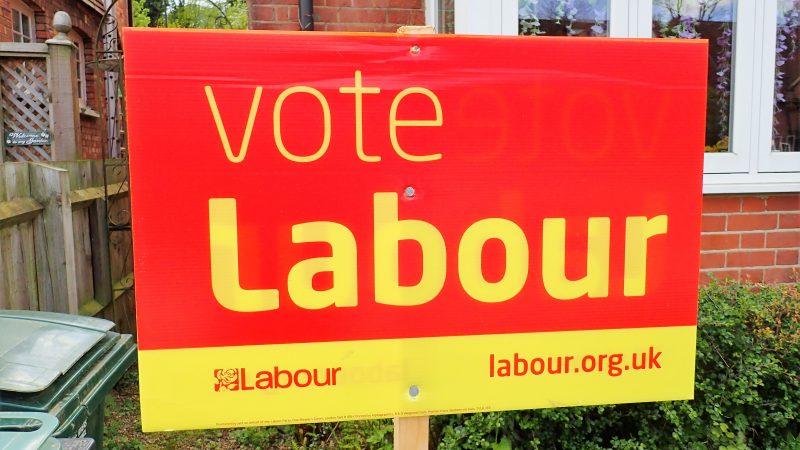
“In neighbouring places, like East Devon, you can say look at the Labour council in Exeter and what they’ve achieved,” Josie Parkhouse says. She argues Labour’s success in the city can create a “narrative”: “Once you’ve got that council presence, you’ve got a record of achievement – you can look and say this is what Labour does in power and that’s what we can say in Exeter: this is what Labour in power means, this is what we deliver.”
Parkhouse is standing for election in Pennsylvania ward, one of the 13 wards that make up Exeter City Council. The council elects a third of its councillors each year, followed by a year without an election (when elections to Devon County Council are held). Labour has led the council since 2012 and currently holds 24 out of 39 seats, with the Conservatives the second largest party on six.
By contrast, East Devon district council elected its first Labour councillor in more than 20 years when Jake Bonetta won a by-election in Honiton St Michael’s ward last year. Labour gained a second councillor when former Independent Paul Millar defected to the party. “Now we’ve got like a little Labour group.” Parkhouse says. “Other places can see that as an example.”
She recalls people telling her when she was doornocking in East Devon last year that “Labour will never win, they never have a chance”. But she adds: “Once you’ve got that few Labour seats, you can show that we can win. It’s kind of showing by example and leading by example… It does require effort but, you know, if you channel that effort and grow the activist base of a [Constituency Labour Party] and get the first one or two, then you can create momentum.”
On the party’s consistently strong performance in Exeter, Parkhouse highlights the impact of having elections in one form or another each year. The local party “campaigns all year round every year”, she explains. “We’re always speaking with voters, out on the doorstep, doing casework, listening – and I think that presence has really helped us.”
She also notes the importance of being able to build on Labour’s past successes in the city: “Part of it is getting the formula right. It’s great in Exeter because you’ve got that team, you’ve got that established formula of how to campaign, where to go, when to doorknock, when to deliver – and other CLPs just don’t necessarily have that. And I think for a CLP that’s got no Labour seats, no Labour councillors, it’s about identifying the target seats and putting loads of energy into that. And then slowly growing.”
Parkhouse emphasises the need to focus on a positive campaign message as well: “There’s no point in us attacking the Tories… For us locally, it’s showing more how much we love Exeter, our vision for Exeter, what we’ve done in Exeter and what we can do in the future.” The campaign material she shares has no mention of the opposition parties, focusing on the Labour council’s achievements in areas like housing and the environment and outlining the party’s future policy priorities, including tackling homelessness and expanding the council’s electric vehicle fleet.
Though much of the messaging is “quite localised”, Parkhouse thinks the national Labour slogan (‘on your side’) is “quite powerful”. “We’re showing that in Exeter,” she says. “We are on people’s side, and that’s why we keep winning elections here.”




More from LabourList
‘Energy efficiency changes must work for older private renters’
‘Labour’s creative destruction dilemma’
Economic stability for an uncertain world: Spring Statement 2026